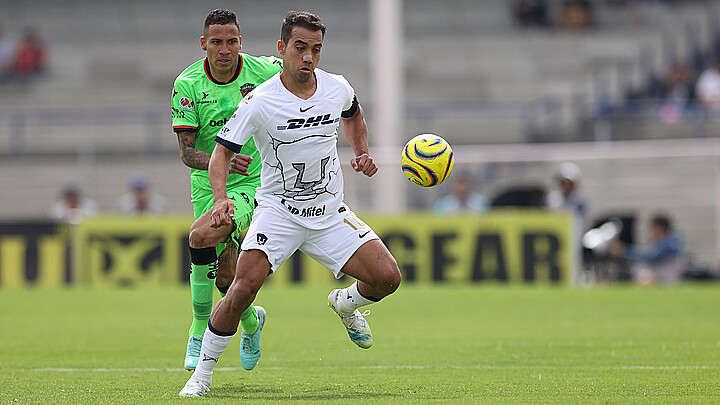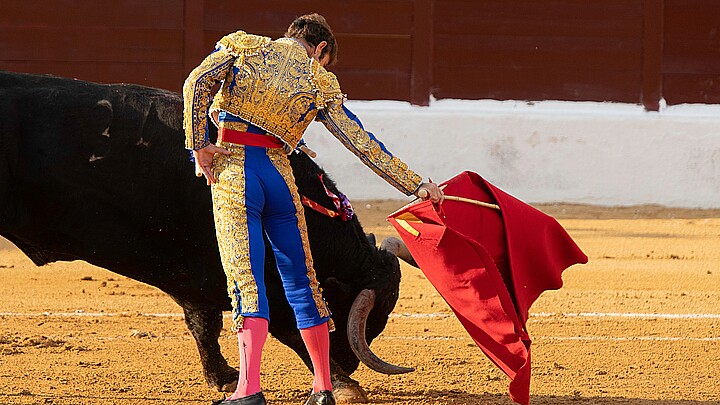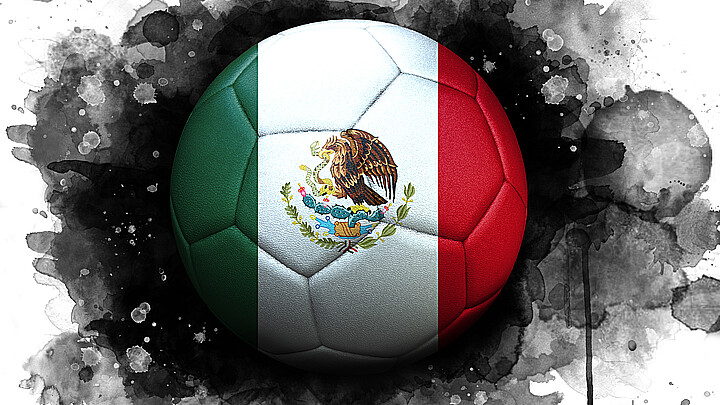Sports
López Obrador: Investigate Mexican baseball player birth certificate fraud scandal
Mexico's Baseball League is mired in allegations regarding the use of foreign players who allegedly used fake documents to demonstrate Mexican nationality

August 14, 2023 9:13am
Updated: August 14, 2023 9:13am
Mexico's Baseball League (LMB) postseason week is usually a celebratory occasion, but this year the professional league is mired in allegations regarding the use of foreign players who allegedly used fake documents to demonstrate Mexican nationality, a requirement under league rules.
At his usual Wednesday press conference, Mexican President Andreas Manuel López Obrador insisted the Sports Appeals and Arbitration Commission (CAAD) review recent LMB teams' claims, which have questioned the legitimacy of some players’ paperwork.
The allegations stem from an extensive investigation conducted by five Mexican journalists who looked into how many foreign baseball players were using fake documents to obtain Mexican nationality, according to a report published Tuesday in Proceso.
In one case, two non-Mexican players presented birth certificates from the same remote town, raising red flags for the reporters who knew such a coincidence was unlikely.
“Some teams are cheating, hiring what in baseball circles are said to be cachirules. Suddenly it appears that they were born in a town in Sinaloa, Durango, Chihuahua. They obtained their birth certificates, and then they violate what is in the regulations, that there should be only a certain number of foreigners per team.” Obrador said.
Mexico was removed from the World Cup qualifying in 1990, as a result of using “Cachirules,” a Mexican slang term for players older than the age limit who participated in the under-20 World Cup.
This word is a hybrid created by blending the Spanish word cachibaches (“odds and ends” or “junk”) with the English word “rules.”
Usage of the term has escalated with Mexican media outlets as of late, using the term in their reporting. One Proceso newspaper article was headlined, “Cachirules in baseball, the new scam in Mexican sports.”
The Mexican president also said he would ask Ana Gabriela Guevara, Director of the National Commission for Physical Culture and Sports (CONADE), to investigate the CAAD as a means of determining the accuracy of the allegations.
He has also encouraged the teams to investigate the irregularities on their own, and if necessary, make sure they are conforming to league rules.
“Yes, let CAAD do the research,” AMLO said, “but I also take this opportunity to make a very respectful appeal to the team owners so that if they made this mistake, they can rectify it.”
Proceso’s investigation reveals some details, offering a rare glimpse into the emerging scandal.
In one case, Onelki García, a 34-year-old player born in Cuba purportedly used a fake Mexican birth certificate from Concordia, Sinaloa. Garcia plays for the Yucatán Lions in Mérida.
The Mexican newspaper asserts the player went there with his parents to register their son as a Mexican national, but the player's father denies ever visiting.
The exposé detailed other similar cases, highlighting the fact that many of the fake birth certificates purport to have been issued in small, remote towns where the league or suspecting sports journalists would be less likely to investigate.
One of those towns, La Huacana, Michoacán, was purportedly the place where two foreign players, Danry Vásquez and Henry Gatewood, were registered by their parents as newborns in the mid-1990s.
"It is up to the teams to ensure players' documents are legal," LMB President Horacio de la Vega.
“I am not an authority to question the originality of a document. If they come to me with a birth certificate or passport, I consider it legitimate,” he added.
The LMB was founded nearly a century ago in 1925. Its membership in the National Association of Professional Baseball Leagues (Minor League Baseball) began in 1955 when it was designated a Double-A league.
At that time, some member teams entered player development contracts with National League teams. It was granted Triple-A status in 1967, but due to the 2021 reorganization of the minors, the Mexican League is no longer included as Triple-A.
It continues to operate today in a separate capacity.









